Creating awareness for Words of Relief

The Words of Relief initiative, funded by the Humanitarian Innovation Fund, offers a cost-effective solution for aid organizations and other humanitarian NGOs creating a free corpus of open, localized, disaster-response content in under-resourced languages as well as a volunteer-driven, standing network of professional translators and interpreters that can be deployed immediately in a crisis.
The project will develop and test model approaches designed to increase availability and access to vital crisis response information; increase technical and human capacity to provide real-time translation support; and develop a network of translators in multiple East African languages that can be rapidly deployed in a crisis.
June has been an exciting month for the WoR team, as we create greater awareness that language matters during a disaster. In a crisis, communication is a critical need just like water, food and shelter. People need to know what is happening, how they can get help, and who is providing shelter, food, water and more. Unfortunately, often there is a barrier between the aid worker and the affected population: they don’t speak the same language. Translation is the simple answer.
Our Words of Relief program address that exact issue. In June we presented our pilot and long-term plans to many audiences and the response was clear: Humanitarian workers often experience the language barrier on the ground but due to lack of translation services – or knowledge of how to access them – they just endure the problem. At the Training and Capacity Building meeting of the Interagency Working Group on Disaster Preparedness for East and Central Africa (IAWG), members shared their experiences of the language difficulties in the field while delivering aid. They were excited about Words of Relief coming in to close the gap.
Another interesting event this month was BBC Media Action and BBC World Service Journalists training. Our project manager, Phoebe Maina, participated in the training which focused on two key areas:
- How communication with crisis-hit populations can save lives/and help people prepare for emergencies
- Communication needs in emergencies (different levels of vulnerability and disaster scenarios)
The training was very stimulating and the language gap was evident. In all the practice sessions, Phoebe was in the Swahili group, and it was quite a task to prepare the news bulletin, and ‘translate‘ the info as it came in. The news producers and reporters get information in different languages, and they have to get somebody who is conversant in the language they want to use to pass the message to the affected community. This takes a lot of time and more than often some information gets lost in the process of ‘translation/interpretation’.
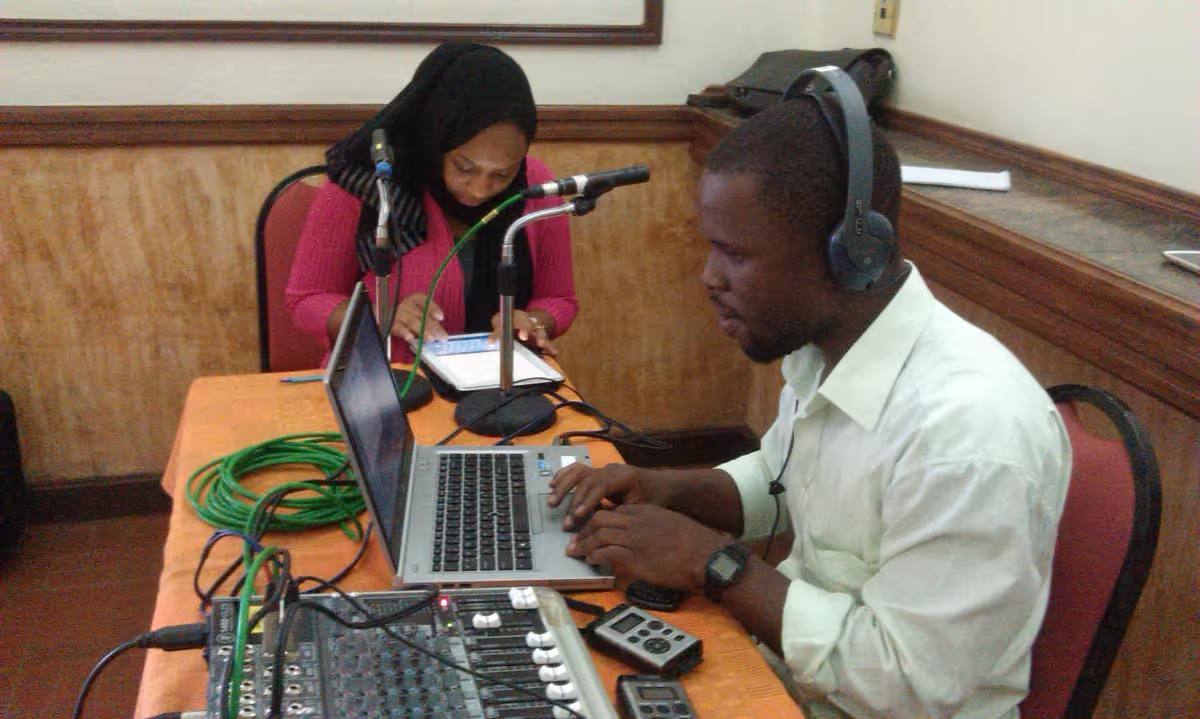
In such a situation, Words of Relief, comes in handy, to make the work of humanitarian aid workers and the media (which is largely used to send out warnings, updates, critical messages during a disaster) easier. Prepackaged translated key crisis and disaster messages like public announcements about floods, cholera treatment and its prevention, will be such a relief to aid workers and media during a disaster. It’s clear that the affected population will get the correct information and at the speed needed.
We also presented Words of Relief at Aidex2014Africa this month, a multifaceted event, which encompasses a conference, exhibition, meeting areas, awards and workshops. AidEx was created to help the international aid and development community engage the private sector in a neutral setting, drive innovation and support the ever-growing need for emergency aid and development programs to be as efficient as possible.
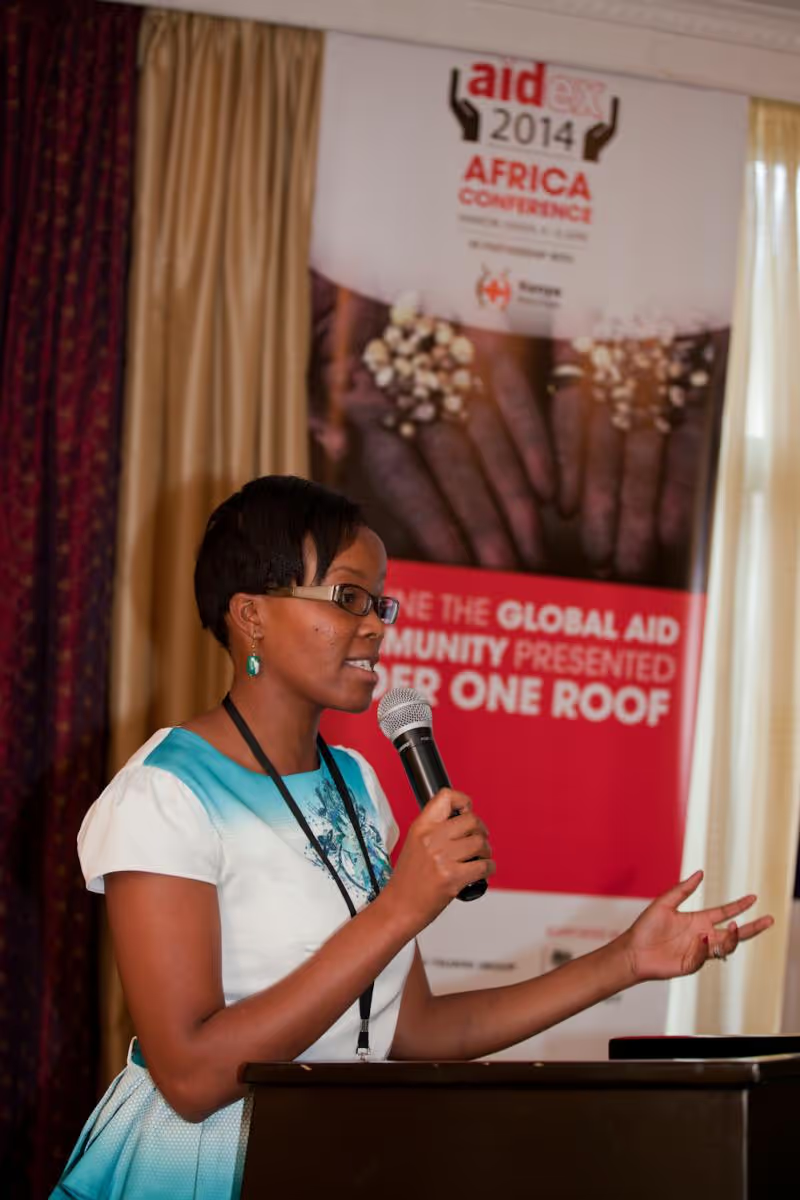
This year’s conference was in Nairobi and was entitled Aidex2014Africa; the theme was ‘’Innovation and Development’’. As a grantee of the Humanitarian Innovation Fund, TWB was invited to present Words of Relief in a panel discussion where we addressed the following;
- Where are the innovation incubators?
- Who and what is driving innovation? Is it demand driven or is it being pushed by the commercial sector? How can the benefits of innovation be delivered most effectively?
In the discussion, it was clear that the innovation of Words of Relief was driven by the need to deliver humanitarian aid to the affected people using the language they understand most. This innovation will benefit the aid workers on the ground, since they will be able to deliver information effectively and quickly during a disaster since communication will be made easier by translation.
Following this panel discussion one of the journalists at the conference tweeted, ’’Translators without Borders, Words of Relief innovation, is Genius!’’
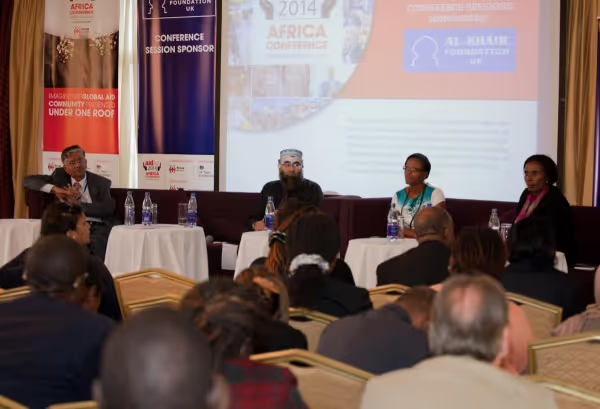
But we didn’t stop there this month: We also created awareness at the monthly WESCOORD (Water and Environmental Sanitation Coordination) meeting which brings together many agencies active in responding to the water, sanitation and hygiene (WASH) needs of populations in 22 priority districts, both arid and semi-arid affected by drought, floods, conflict, food insecurity and water borne diseases in Kenya. During this meeting, the members discussed WASH related crises in the country and how each of the NGOs and the government are handling the situation. They also brainstorm on the best ways to effectively handle the situation.
This was a very important meeting for Word of Relief, since we want to collect and translate WASH key messages for effective aid delivery. The members were very excited to hear about WoR, and they all agreed that the language barrier is a challenge they are all facing in the field during a crisis.
Lastly, this month we learned that the Kenya Initial Rapid Assessment (KIRA) tools have been updated to include communication needs, specifically questions on access to information. This follows meetings with them in April and May to encourage them to include communications and language in the assessment. With the help of the CDAC Network Guide to Integrating Information Needs and Access Questions into Rapid Needs Assessment, the following questions have been added:
- What is your primary source of information for assistance?
- What if anything, is preventing people from getting the information they need now?
And understanding the language of information is one of the options!
As more lifesaving messages get translated, we can’t wait to start disseminating them to be used on the ground! Much more coming next month!
Stay updated
Sign up for our newsletter to receive regular updates on resources, news, and insights like this. Don’t miss out on important information that can help you stay informed and engaged.
Related articles
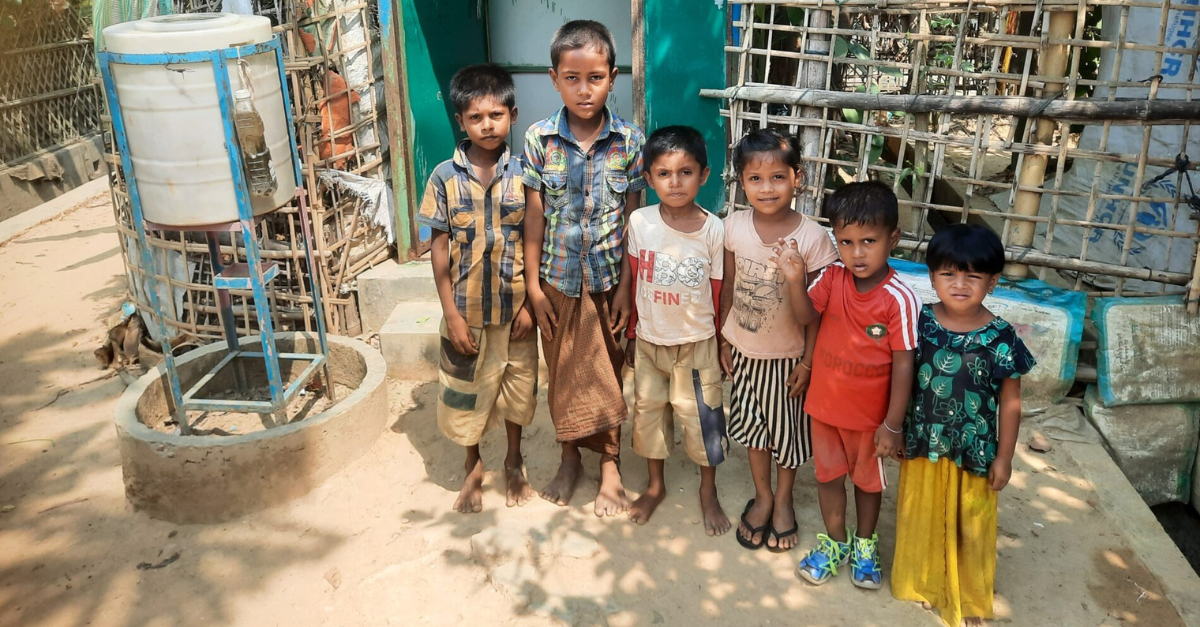
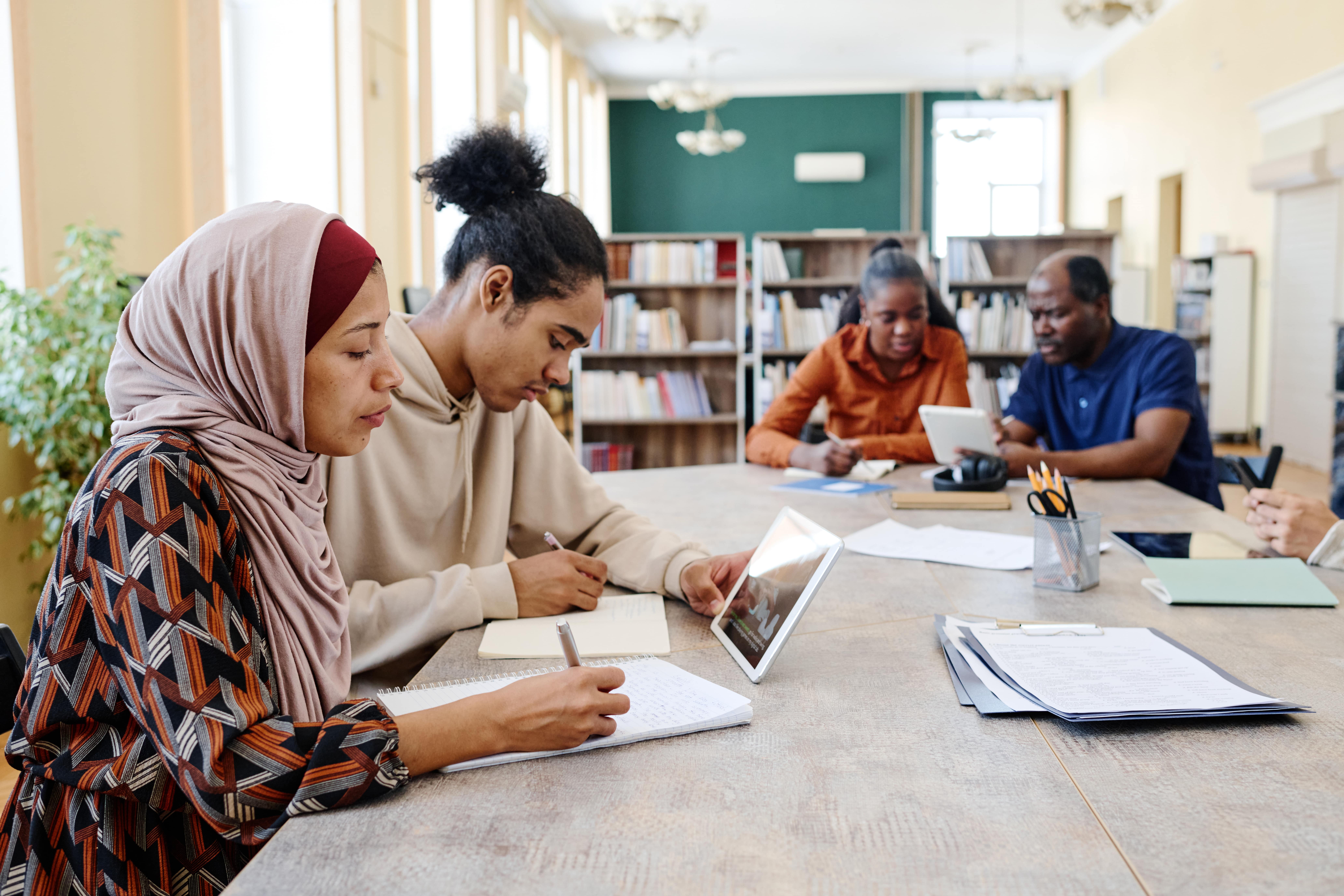
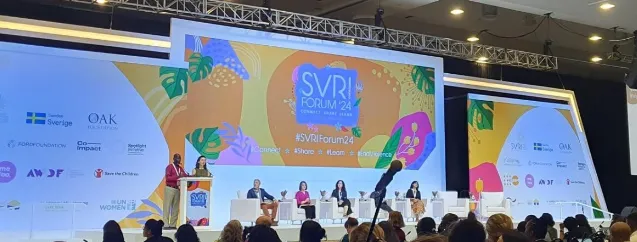
Explore Elrha
Learn more about our mission, the organisations we support, and the resources we provide to drive research and innovation in humanitarian response.